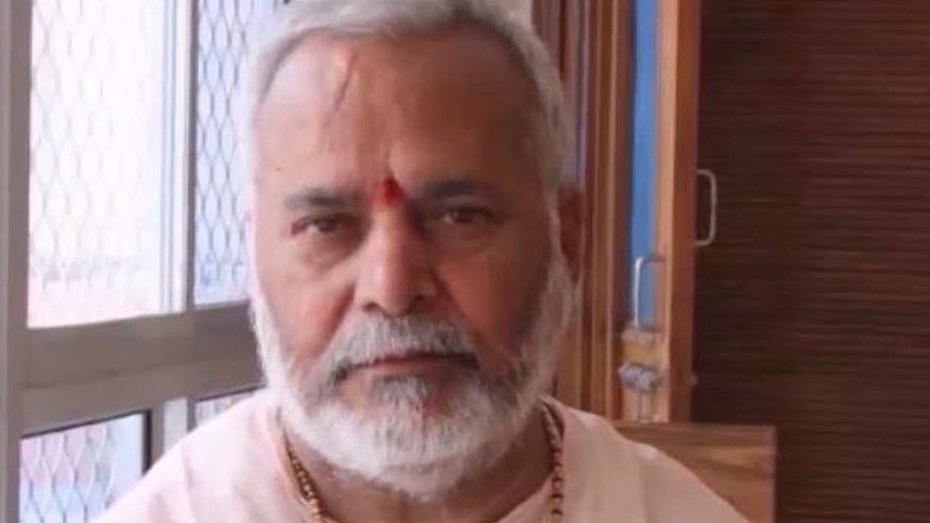Section 376 C of the Indian Penal Code, one of the provisions under which BJP leader Chinmayanand is charged, deals with sexual intercourse by a man in authority who has used inducements or seduced the woman.
Some lawyers and former police officers said the application of this section in this case is wrong.
What does the section say?
The section deals with sexual intercourse with a woman by a 'person of authority' or someone with whom the victim may have a fiduciary relationship, or a public servant, a superintendent of a jail or a remand home or a women's or children's institution.
It says that if a person 'abuses such a position or fiduciary relationship' and uses inducements or seduces any woman in his custody or present on the premises 'to have sexual intercourse with him, such sexual intercourse not amounting to the offence of rape', shall be punished with rigorous imprisonment of of not be less than five years, but which may extend to 10 years and a fine.
Where is the problem?
The survivor, who has accused that Chinmayanand repeatedly raped her for almost a year, studied law in Swami Shukdevanand Postgraduate College, which is one of several educational institutions that the former Union minister owns.
Supreme Court lawyer Vrinda Grover said: “In Section 376C it says that the person is in authority so was able to seduce or induce and, therefore, this act does not amount to rape. Therefore, the whole issue of consent changes from the statement (of the girl).”
Grover's suggestion was that in such a case, the ideal procedure would have been to use Section 376 (2) which deals with aggravated rape. If read in conjunction with Section 114A of the Indian Evidence Act, the burden of proof changes and the courts make a presumption of absence of consent which is then read against the accused.
Section 114(A) of the Indian Evidence Act says that in cases of rape under Section 376 of the IPC, where sexual intercourse with the accused is proved but the element of consent is in doubt, if the survivor 'states in her evidence before the court that she did not consent, the court shall presume that she did not consent'.
Grover said the Uttar Pradesh special investigation team's interpretation of the circumstances was 'extremely problematic'. “It’s like diluting the crime,” she said. “This is a clear case of absence of consent in which a man in a position of power and influence is involved. Where is the question of the woman agreeing? What were the options available to her?” Grover asked.
How is this a dilution of the case?
Former Uttar Pradesh IPS officer S.R. Darapuri, who retired as an inspector-general, also said the case against Chinmayanand had been diluted. The minimum punishment under IPC Section 376, which deals with rape, is 10 years' rigorous imprisonment. “Here (under Section 376 C) it is five to ten years. Halka kar diya case inhone (the SIT has watered down the case),” he said.
The other charges levelled against Chinmayanand are under IPC Sections 342 (wrongful confinement), 354D (stalking) and 506 (criminal intimidation).











